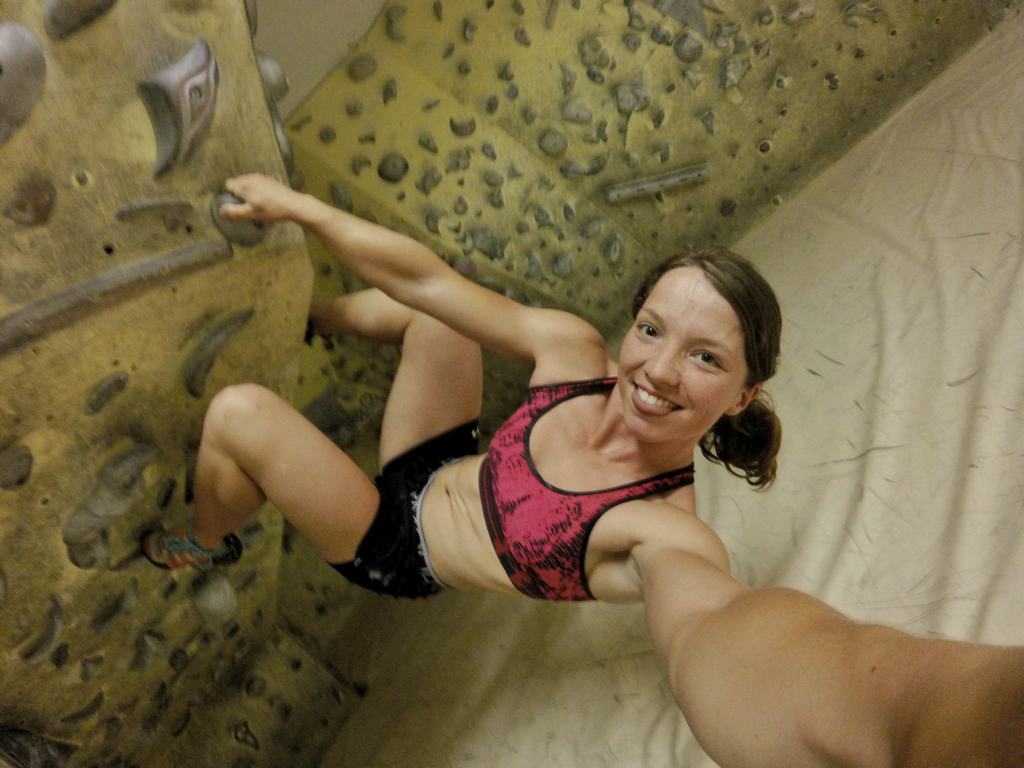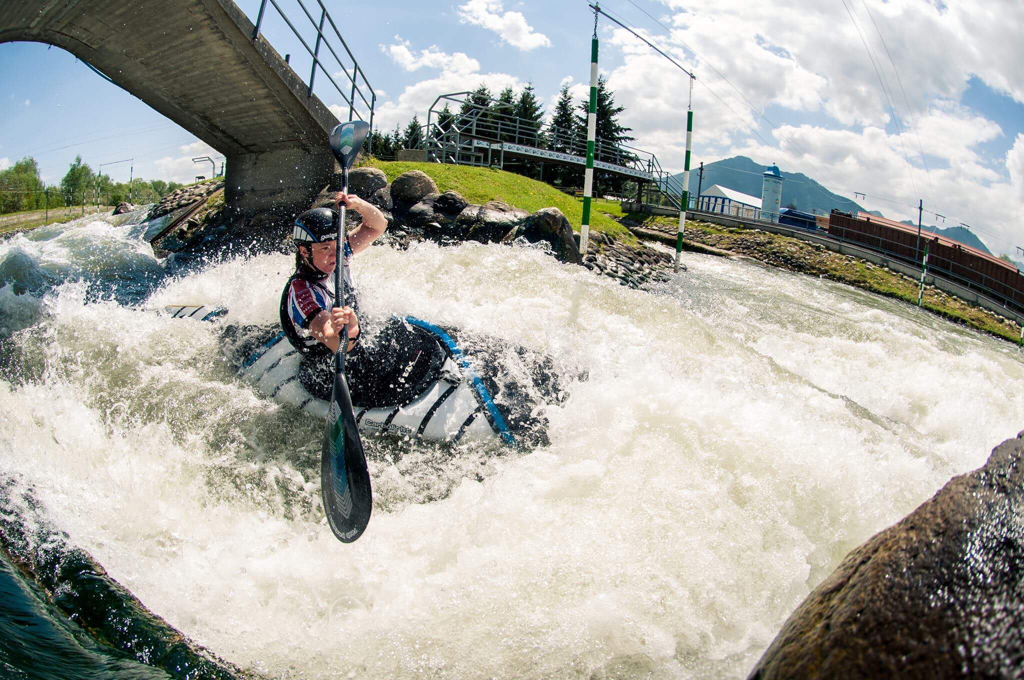In slalom it's kind of hard to define, because we don't really push physical limits in the same way as cycling or swimming. It's more about exploring what quality of training you can project each day, and how consistently you can maintain it. To simplify it a little, it's easy to have a great day when the sun is out, you happen to wake up in a good mood, and your boat does everything you want it to do. Mistakes seem less significant, and it's easy to think your way around problems. It's harder to have a great day when it's snowing, your boat is a little bit battered, and you've let something put you in a bad mood.
These things are always in an athletes control. It's a choice, to let something put you in a crappy mood, or to allow yourself to get brought down by something out of your control (boat repair, in retrospect, is 100% in a paddlers control!). You decide how you feel, and with some effort, you can put yourself in the same zone day after day.
So my problem is when to know it's time to back off. I know that a few things can clear my mind and put me in a good mood. Climbing (which I'm terrible at, but love), cleaning (modern-day 'nesting' I suppose), running (which I never thought I'd acknowledge in any positive way but hey) and other easy, feel good things. So when it comes to a session, it feels like the loveliest part of the day. I spend all my time making my brain happy, in order to have a quality session.
Then your body says no, I'm done today. Sorry. My elbow hurts, and I'd like you to take some time off. I know you're not tired, but you're gonna have to suck it up and do what's best.
I spend a lot of time ignoring excuses that my brain and body offer me. Nothing is too hard, because the price of a good session can't be too high. So a niggling pain that won't quite go away after the session, or a little itch in the back of my throat, feel like really easy things to ignore. But they always creep up on me. I'm prone to tendinitis in my forearms, but to be honest in slalom forearm pain is part of the package.
In a world full of uncontrollable variables, I just want something that tells me exactly when to stop, to let certain things recover. When is pain bad? Should I ignore it or keep going, because keeping going is what we do? I guess the answer is, don't expect black and white answers in a world where nothing is as easy as that. I think paying more attention to what my body is relaying to me is also fairly key - it sounds stupid but it's really hard for some athletes to open up to that. This year I've caught tendinitis before it gets bad - icing and rest, sauna and ice baths. It's hard not to question yourself, but at the end of the day, you know your body best.


 RSS Feed
RSS Feed
